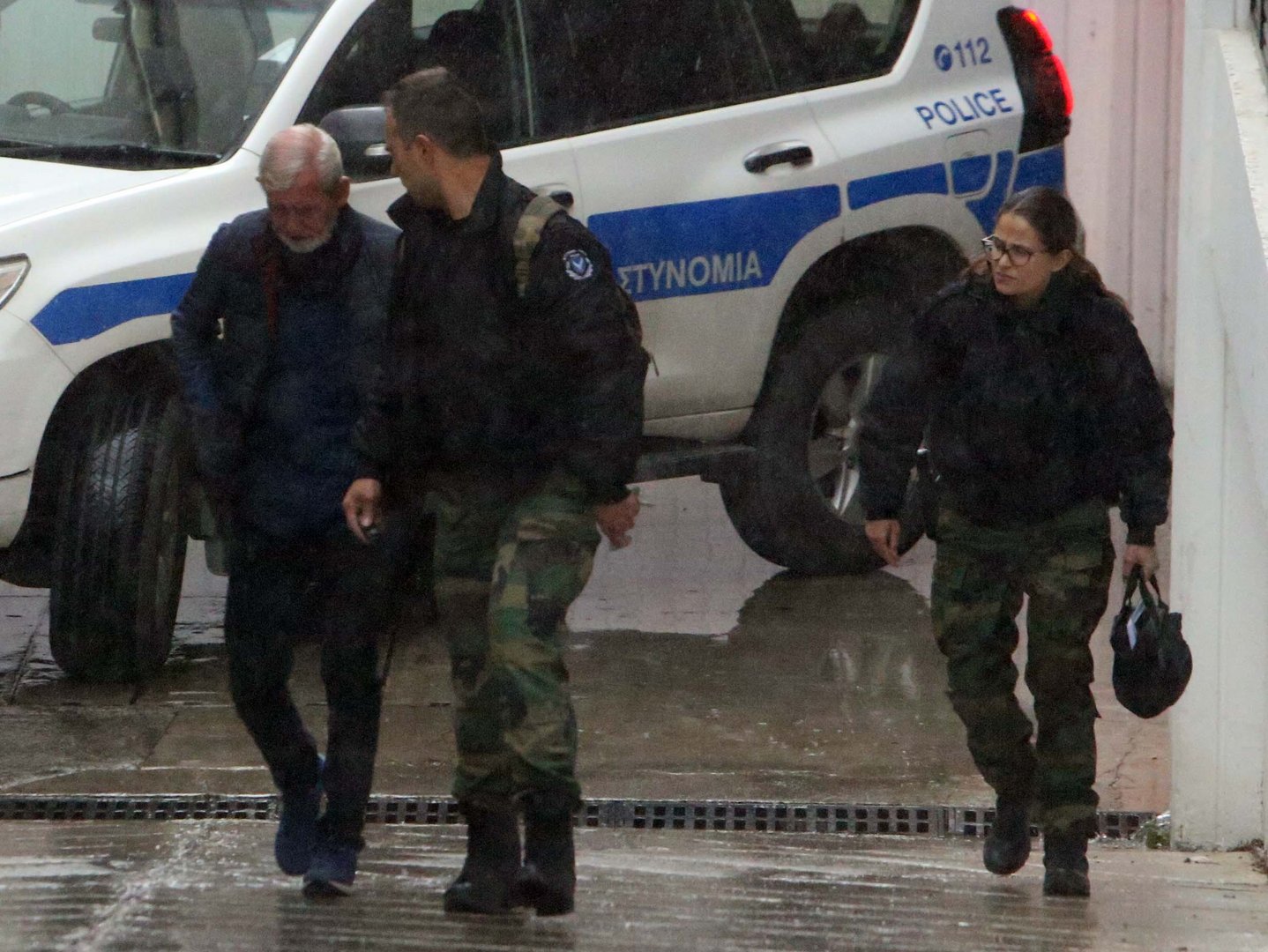The Briton accused of killing his terminally ill wife, David Hunter had a “poor showing” in court remembering events that were convenient for him and his case, the state prosecutor argued on Tuesday at Paphos criminal court.
The session had both defence and prosecution lawyers make their final arguments for Hunter’s case. He suffocated his wife to death in December 2021 when they were aged 74 and 75 respectively.
Hunter’s testimony has always been that he and Janice had mutually agreed he would kill her to put an end to her deteriorating state due to her terminally ill cancer diagnosis.
After killing her, he attempted to kill himself but officers arrived at the scene and he consequently had his stomach pumped.
Central to Hunter’s defence is his lawyer’s argument that he was not in a fit mental or physical state to give statements to police as he had overdosed on medication and alcohol in an attempt to kill himself.
Furthermore, he had no lawyer or translator and had not undergone a psychological evaluation, his lawyers Ritsa Pekri and Nicoletta Charalambidou told the court.
As such, they argued that the prosecution had failed to prove beyond reasonable doubt that Hunter’s statements are a result of his free will.
Pekri and Charalambidou also said Hunter’s rights had been violated including his right to remain silent, to have a translator while he was not informed right away that he was a suspect.
Consequently, the lawyers called on the court to exclude Hunter’s statements made to prosecution witness which were presented in court.
State prosuctor Andreas Hadjikyrou denied the defence’s arguments and said Hunter’s statements were voluntary and in writing. The decision to waive his rights which were read to him was his decision and he confirmed this in writing.
Hadjikyrou also argued Hunter’s presentation in court was poor where he failed to remember crucial events but remember others “which were beneficial to his defence.”
Court will make a decision on March 21 at 9:30am. Hunter will continue being detained in the central prisons.







Click here to change your cookie preferences